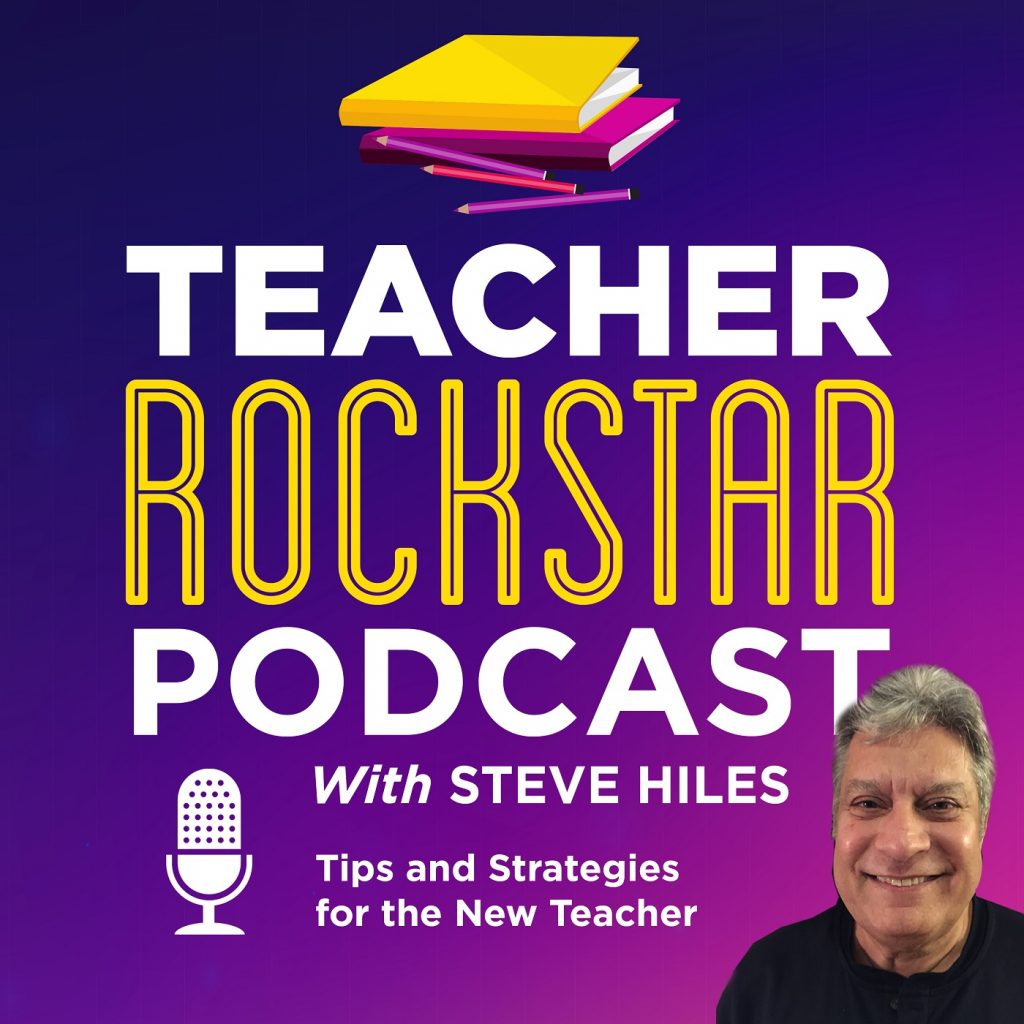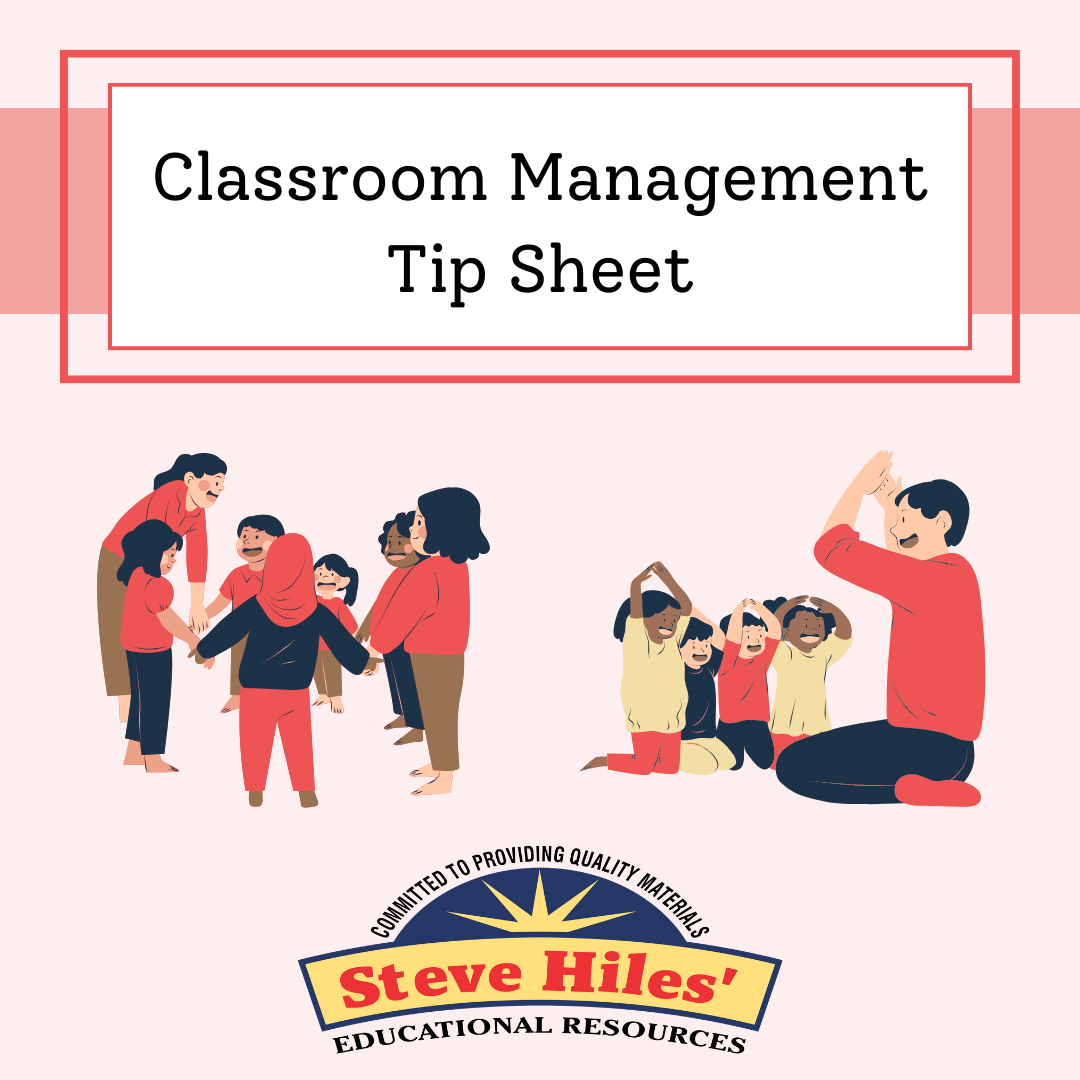Table of Contents
ToggleWhen “Perfect” Felt Like the Only Option
I still remember the way my hands shook on my very first day of teaching. Not just a little tremble—the kind of shake where you’re praying no one notices the chalk squeaking across the board because you can’t hold it steady. I’d spent hours the night before laying out every pencil, lining up every desk, and over-preparing a lesson plan that looked flawless on paper. I thought if my classroom looked perfect, maybe I could be perfect too.
But by the second period, that illusion collapsed. A student asked a question I couldn’t answer. Another was doodling instead of taking notes. Someone in the back whispered loud enough for the whole room to hear, “She doesn’t know what she’s doing.” My face burned. All the “perfect” I’d prepped unraveled in minutes. Years later, when I started mentoring new teachers, I realized so many of them carried that exact same fear on their first days too.
That night, I sat in my car in the school parking lot long after the building emptied out. The voice in my head was loud and relentless: Real teachers wouldn’t have lost control. Real teachers always have answers. Real teachers don’t stumble.
And that was the first time I realized—though I didn’t have the words for it yet—that I was suffocating under the silent, crushing pressure to be perfect.
The Unspoken Rules Nobody Tells You
If you’re a teacher, you know the expectations don’t always come with a manual. They seep in quietly, from every corner of the school.
From administrators: polished lesson plans, neatly aligned with standards, turned in on time—proof that you’re “effective.”
From parents: emails asking for more challenges, more support, more communication. Always more.
From students: the unspoken demand that you be engaging, fair, funny, strict but not too strict, approachable but not a pushover.
From fellow teachers: a comparison game that no one admits they’re playing, but you feel it when you see their Pinterest-perfect bulletin boards or hear about their seamless classroom management.
Nobody had to say it out loud. The message was clear: if you’re not flawless, you’re failing.
Looking back, I think that’s why I clung so tightly to the idea of perfection. “Perfect” was my armor. If I could do everything right, maybe I wouldn’t disappoint anyone. Maybe I wouldn’t be exposed as someone who wasn’t cut out for this job.
What “Perfect” Looked Like to Me
At the time, my vision of the “perfect teacher” was straight out of a movie montage. Always smiling, always patient, every lesson an engaging masterpiece with zero hiccups. Kids sat neatly in rows, hanging on every word. Parents sent glowing emails. Admin dropped in and walked away impressed.
In reality? That version of teaching doesn’t exist—at least not for more than five minutes at a time. But I didn’t know that yet.
I thought perfection meant:
- Having an answer to every question.
- Never raising my voice.
- Keeping students quiet but happy.
- Creating lessons that went off without a single disruption.
- Looking polished and calm, even when I felt like screaming inside.
When you’re mentoring new teachers, you sometimes see this same image reflected in their eyes—that desperate attempt to measure up to an invisible standard. I recognize it because I lived it.
How Chasing Perfection Started to Break Me
The problem with perfection is it never ends. You reach one goal, only to find ten more waiting. And slowly, the weight of it all started to change me.
I became hyper-focused on appearances. If my bulletin board wasn’t creative enough, I redid it late at night. If a lesson flopped, I convinced myself it was because I hadn’t worked hard enough—not because some lessons just flop. I started staying at school long after everyone left, not because I was passionate, but because I was terrified of being “less than.”
The irony? My students could feel it. Instead of connecting with them, I was performing for them. Instead of laughing when something went wrong, I hid my mistakes and grew rigid. The classroom, which could have been a space for curiosity and growth, became a stage where I was desperately trying not to trip.
And the more I tried to keep up the act, the lonelier I felt. Other teachers seemed to be thriving, and I was too ashamed to admit how heavy the pressure felt. So, I isolated myself. I smiled in the hallways, but inside, I was unraveling.
The Toll Perfection Took on My Confidence
If I’m honest, perfection didn’t make me a better teacher. It made me smaller.
I second-guessed every decision. I avoided risks in my lessons because I was scared of failure. I didn’t ask for help because I didn’t want anyone to see the cracks. My confidence wasn’t growing—it was shrinking under the constant weight of “not enough.”
And here’s the cruelest part: when you’re trying that hard to look perfect, you leave no room for growth. Growth requires mistakes. It requires vulnerability. It requires being brave enough to say, “I don’t know, but let’s figure it out together.”
But back then, I couldn’t imagine saying those words. They felt like weakness.
When Mentoring New Teachers Reminds Me of My Own Journey
Now that I’ve had years in the classroom and the chance to mentor new teachers, I see how common this story is. Almost every new teacher I’ve worked with has had that “parking lot cry” moment—when the mask of perfection slips and the weight of the job feels unbearable.
I tell them what I wish someone had told me: perfection isn’t the goal. Connection is. Growth is. Humanity is.
But I didn’t believe that in my early years. I thought my worth as a teacher was measured in flawless lessons, calm classrooms, and praise from others. I was wrong—but it took me a long time to see it.
The Question That Changed Everything
Here’s the thought that eventually cracked open the armor I’d built around myself:
What if perfection isn’t the goal at all? What if it’s actually the mask that keeps us from being effective, human, and real with our students?
That question haunted me. It sat with me during staff meetings, late-night grading sessions, and quiet drives home. And it’s the question I want to leave you with now, because it’s the doorway into the next part of this journey.
Cracks in the Mask: The Moment I Stopped Pretending
When the Facade Finally Shattered
It wasn’t a dramatic meltdown in the middle of class. It wasn’t a fiery confrontation with a parent or a tongue-lashing from my principal. It was smaller, quieter, and in some ways, harder to face.
I had just finished teaching what I thought was a carefully planned lesson. I’d stayed up until midnight the night before creating interactive slides, finding the “just right” examples, and rehearsing transitions. But the students? They were restless, unfocused, and—let’s be real—bored. At the end of class, as the bell rang and chairs scraped against the floor, one student looked right at me and said:
Years later, while mentoring new teachers, I would hear their stories about almost identical moments—and it always reminded me of this day when I realized the mask of perfection couldn’t hold forever.
“Why do you try so hard to act like you’ve got it all together? We can tell when you don’t.”
Oof.
I laughed it off in the moment, but that comment landed like a weight in my chest. I went home that night and sat at my kitchen table staring at my untouched dinner, tears welling up. They saw through me. The mask I’d been polishing for years had cracks, and now the very people I’d been working so hard to impress had called me out.
And instead of embarrassment being the only thing I felt, there was something else: relief. For the first time, someone had acknowledged what I’d been terrified to admit—that I was pretending. Pretending to know it all, pretending to be endlessly composed, pretending that teaching was effortless.
That night was my turning point.
The Exhaustion of Pretending
Here’s the truth: keeping up the illusion of perfection is exhausting. It’s like being on stage for seven hours a day, five days a week, and never stepping out of character.
I used to think that’s what “professionalism” meant. Always calm, always composed, always in control. But deep down, I was tired. My shoulders ached from carrying the weight of impossible standards. My mind spun every night replaying what I could’ve done differently. And my heart? It felt disconnected.
When that student called me out, it wasn’t cruel—it was honest. Kids can spot inauthenticity a mile away. And what they crave more than flawless lessons or perfect posture is realness.
The Quiet Shift That Followed
The next day, I walked into my classroom with a new kind of courage—not the courage to be perfect, but the courage to be honest.
When I didn’t know the answer to a question, I said, “That’s a good one. Let’s figure it out together.”
When a lesson flopped, I didn’t spiral into shame. I asked the class, “Okay, that didn’t work. What would make this better for you?”
When I was having a rough day, I admitted, “I’m feeling a little off today, but I’m glad we’re here together.”
Something amazing happened. My students leaned in. They stopped seeing me as an actor playing the role of “The Perfect Teacher” and started seeing me as a human being who cared enough to show up, flaws and all.
That tiny shift cracked open the door to trust. And once trust walked in, everything else changed.
Asking for Help: The Hardest, Bravest Step
For years, I had avoided asking colleagues for help because I thought it would expose me. But after that turning point, I started to open up—slowly at first.
I remember confiding in a veteran teacher after a rough observation. Instead of judgment, she offered stories of her own disastrous lessons—ones that made mine look tame. We laughed until our sides hurt, and for the first time, I felt like I wasn’t alone.
That moment unlocked something: asking for help wasn’t weakness, it was connection. And once I started sharing openly, I discovered that so many of us were carrying the same pressure, just in silence.
What I Tell New Teachers Now
When I’m mentoring new teachers, I think about my younger self—the one who stayed late decorating bulletin boards and replayed every misstep on repeat. I see that same flicker of fear in their eyes, that same pressure to prove themselves.
And I tell them this: you don’t have to be perfect to be powerful.
One new teacher I worked with confessed after her first parent-teacher night that she felt like a fraud. She worried that if she admitted she didn’t have every answer, parents would lose trust in her. I shared my story—the shaky chalk, the late-night tears, the student who saw right through me. And I told her what I wish I had believed back then: parents don’t expect perfection; they want to know you care and that you’re willing to grow alongside their child.
She exhaled, shoulders dropping. “So it’s okay if I don’t have it all figured out?”
“Not just okay,” I said. “It’s expected. And it’s what makes you relatable.”
Vulnerability Builds Stronger Classrooms
It took me years to understand this, but here’s what I’ve found: vulnerability is not weakness—it’s magnetic. When students see a teacher admit mistakes, they feel safer making their own. When colleagues share struggles, it creates community instead of competition. When we drop the mask, trust grows.
One of my most meaningful teaching moments happened when I admitted to a class that I was nervous about a new unit. Instead of losing respect, they rallied. They offered suggestions, they encouraged me, and they paid closer attention because they knew we were learning together. That unit ended up being one of the most successful I’ve ever taught—not because it was flawless, but because it was collaborative.
A Letter to My Younger Self (and to You, If You’re Struggling)
If I could sit down with my first-year-teacher self over coffee, I’d say:
Stop trying to carry the weight of perfection. You’re human, and that’s not just enough—it’s what your students need most. They don’t need a robot with flawless delivery. They need someone who shows up authentically, who makes mistakes and models how to recover, who admits when the day is heavy but still chooses to keep going.
If you’re a new teacher reading this and you feel like you’re drowning under expectations, please know this: you’re not failing. You’re learning. And learning is messy.
The Freedom That Comes With Letting Go
That student’s comment—the one that stung and set me free—still echoes in my mind. “We can tell when you don’t.”
And now, instead of being haunted by it, I’m grateful. Because the truth is, they could tell. And the moment I stopped pretending, I finally started teaching—not from a place of fear, but from a place of connection.
So, here’s the question I’ll leave hanging for now:
If vulnerability is the key to stronger classrooms, what does it look like to actually practice it—day by day—in a profession that still pressures us to have it all together?
Real Over Perfect: What I Now Tell Every New Teacher
Who I Am Now Versus Who I Thought I Had to Be
If you walked into my classroom today, you’d see a very different teacher than the one who nervously clutched chalk on her first day. My bulletin boards are sometimes half-finished. My desk isn’t always tidy. And occasionally, I’ll pause mid-lesson and admit, “Okay, that didn’t land—let’s try that again.”
But here’s the thing: my students are still learning. They’re engaged, they’re curious, and they know this is a space where mistakes—mine and theirs—are welcome.
The biggest shift hasn’t been in my lesson plans or my classroom management. It’s been in my mindset. I no longer wake up trying to be “the perfect teacher.” I wake up trying to be a real one. And the difference between those two versions of me has changed everything—and it’s exactly what I try to pass on now while mentoring new teachers who feel that same pressure I once carried.
Stepping Into the Role of Mentor
Somewhere along the way, my journey turned outward. I went from silently drowning under my own pressure to becoming someone who helps mentoring new teachers navigate theirs. It’s not always a formal role—sometimes it’s a structured mentoring program, and sometimes it’s just a hallway conversation after a tough day. Either way, it feels like coming full circle.
One moment sticks out. A brand-new teacher plopped down in the chair across from me after dismissal, shoulders slumped, eyes glassy. “I think I made a mistake becoming a teacher,” she whispered.
I saw myself in her instantly—the exhaustion, the shame, the fear of being found out as an imposter. She told me about a lesson that unraveled, a parent email that stung, and the nagging sense that she just wasn’t enough.
I listened. I didn’t try to fix it right away. When I finally spoke, I told her about my own parking lot cry sessions, about the student who once called me out, and about how long it took me to realize that perfection was a trap. Her eyes widened. “Wait—you went through that too?”
That conversation reminded me: sometimes the most powerful form of mentoring isn’t giving advice—it’s giving permission. Permission to struggle. Permission to be imperfect. Permission to stay anyway.
The Grounded Truths I Live By Now
If I could hand every new teacher a survival guide, it wouldn’t be full of classroom management strategies or Pinterest-worthy lesson ideas. It would have just a handful of truths that I learned the hard way:
- Your students don’t need a perfect teacher. They need a human one.
The day I admitted to a class that I didn’t know the answer, they respected me more—not less. Kids value honesty over polish. - Trying to be impressive all the time will burn you out.
You don’t have to reinvent the wheel for every lesson. Use the resources you have. Rest. A well-rested teacher with energy beats an exhausted one with perfect materials every time. - The best classrooms are built on honesty and mutual respect—not control or performance.
Perfection demands control. Real connection invites collaboration. When I stopped performing and started listening, my classroom became calmer, kinder, and more productive. - Asking for help doesn’t make you weak—it makes you wise.
The day I finally opened up to a colleague, I discovered I wasn’t the only one struggling. Every teacher has messy days. You’re not alone.
Speaking Directly to You
If you’re reading this and you’re in your first years of teaching—or even your tenth—and you feel the pressure to be flawless, let me pause here and talk straight to you.
You’re not failing because you don’t have it all together. You’re learning. And learning is messy. Your worth isn’t measured in perfect lessons or spotless bulletin boards. It’s measured in the way you show up for your students, even when you’re tired, even when the day falls apart.
If you’ve had a “parking lot cry” moment, you’re not broken. You’re normal. If you’ve ever thought, Maybe I’m not cut out for this, I’ve been there too. And guess what? You are cut out for this—not because you’re perfect, but because you care enough to keep trying.
So, breathe. Laugh at the mistakes when you can. Lean on your colleagues. And remember: your students don’t need the Instagram version of you. They need the human version.
The Permission to Be Real
One of my favorite parts of mentoring new teachers now is watching the relief wash over their faces when they realize they don’t have to keep the mask on. When they finally believe that being authentic is not only enough—it’s actually better.
I’ve seen classrooms transform once teachers allow themselves to be real. Students stop competing for attention and start engaging more authentically. Teachers stop isolating themselves and start building community. The whole school feels lighter.
And it all starts with giving ourselves permission to stop chasing perfect.
A Hopeful Takeaway
If I could sum up my journey in one line, it would be this: perfection was never the goal. Connection is.
When we let go of the pressure to perform, we make space for relationships, growth, and joy. When we show up as real people, we give our students—and other teachers—the freedom to do the same.
So here’s what I now tell every new teacher I mentor: You are enough as you are. You don’t need to be perfect. You just need to be present, honest, and willing to grow.
And in the end, that’s what makes a truly great teacher.







